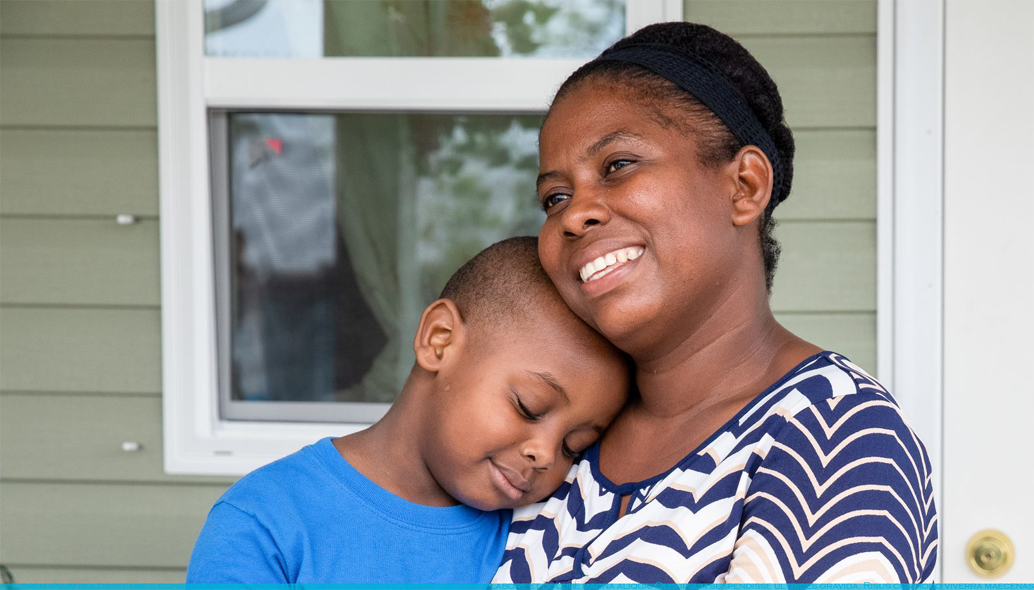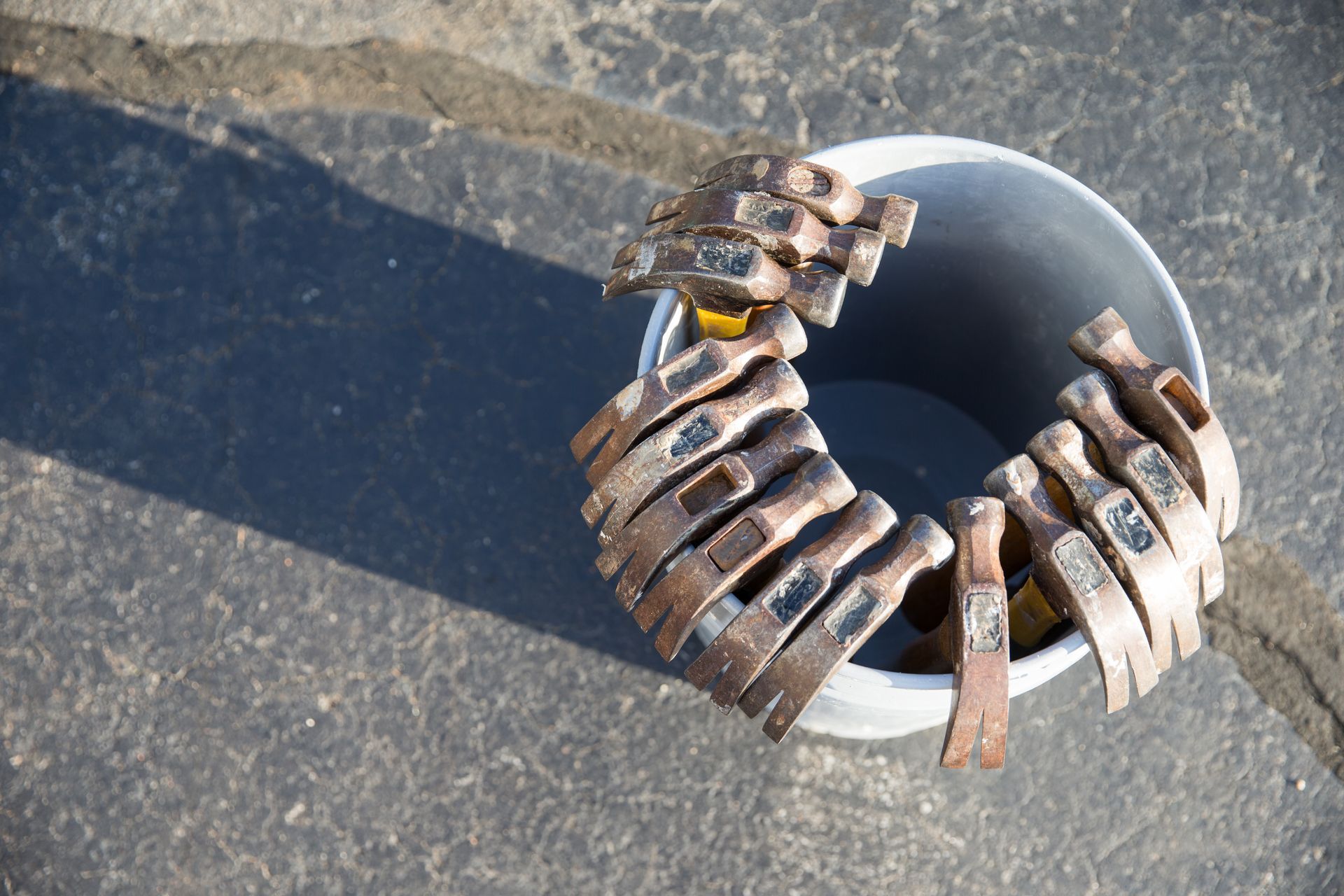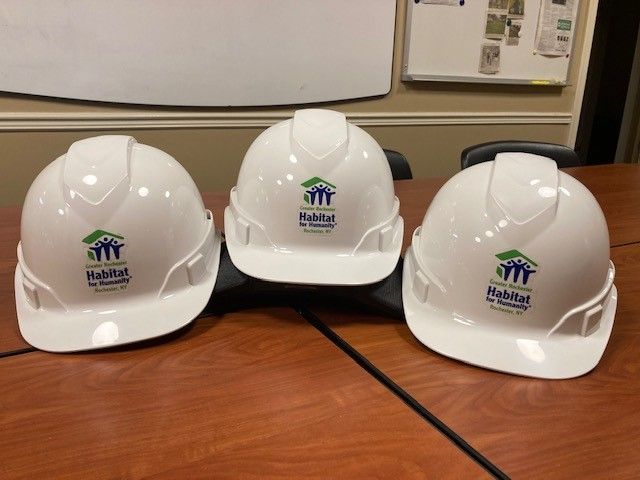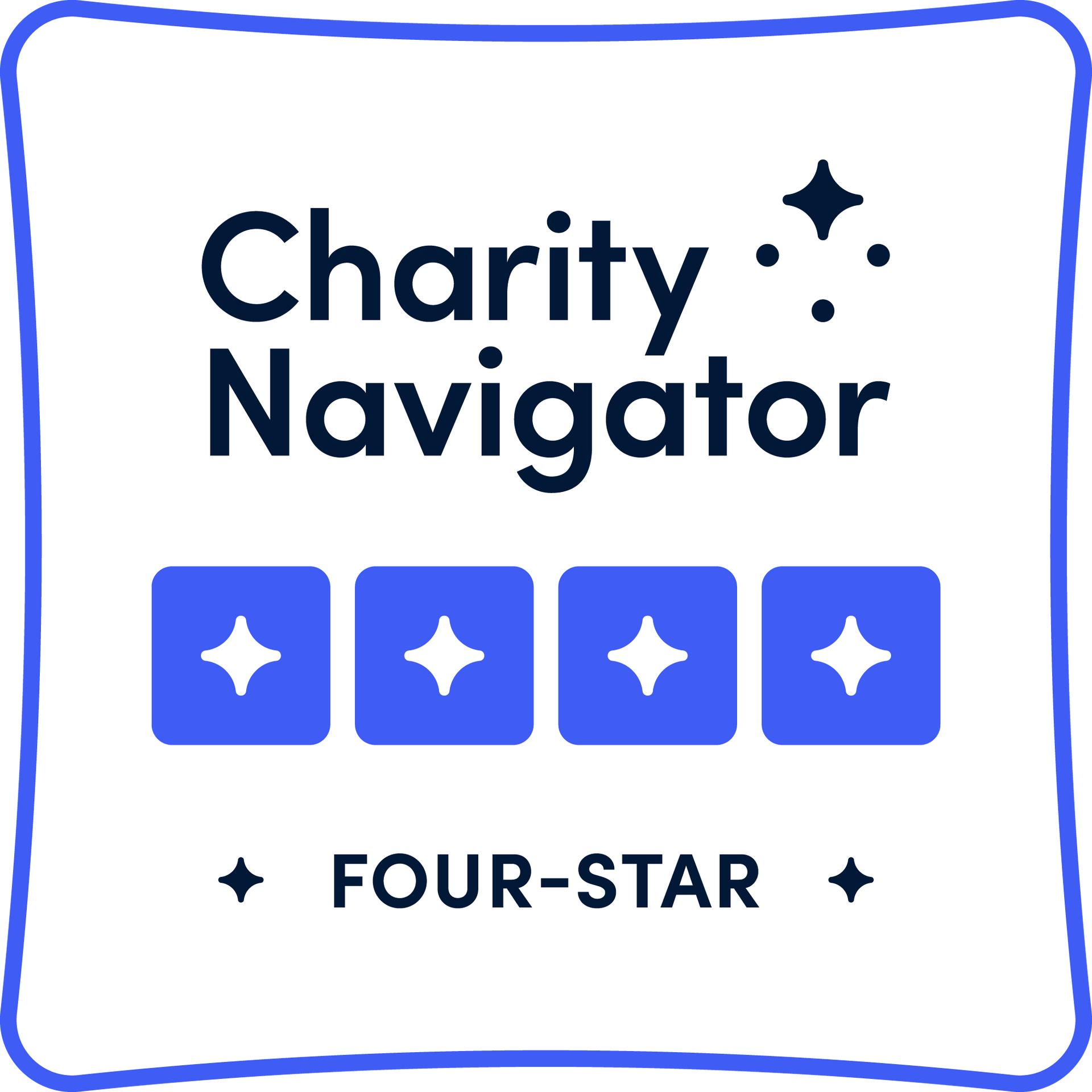About Us
We build strength, stability and self-reliance through shelter.
This is a paragraph. Writing in paragraphs lets visitors find what they are looking for quickly and easily.
This is a paragraph. Writing in paragraphs lets visitors find what they are looking for quickly and easily.
This is a paragraph. Writing in paragraphs lets visitors find what they are looking for quickly and easily.
This is a paragraph. Writing in paragraphs lets visitors find what they are looking for quickly and easily.
Our Vision
A world where everyone has a decent place to live.
Our Mission
Seeking to put God’s love into action, Habitat for Humanity brings people together to build homes, communities and hope.
Our History
The idea that became Habitat for Humanity first grew from the fertile soil of Koinonia Farm, a community farm outside of Americus, Georgia, founded by farmer and biblical scholar Clarence Jordan.
On the farm, Jordan and Habitat’s eventual founders Millard and Linda Fuller developed the concept of “partnership housing.” The concept centered on those in need of adequate shelter working side by side with volunteers to build decent, affordable houses. The houses would be built at no profit. New homeowners’ house payments would be combined with no-interest loans provided by supporters and money earned by fundraising to create “The Fund for Humanity,” which would then be used to build more homes.
Beau and Emma were the owners of the first home built by Koinonia’s Partnership Housing Program. They and their five children moved into a concrete-block home with a modern kitchen, indoor bathroom and heating system, replacing the uninsulated shack with no plumbing where they had previously lived.
In 1973, the Fullers decided to take the Fund for Humanity concept to Zaire, now the Democratic Republic of Congo. After three years of hard work to launch a successful house building program there, the Fullers then returned to the United States and called together a group of supporters to discuss the future of their dream: Habitat for Humanity International, founded in 1976.
Locally, three separate Habitat for Humanity affiliates would spring to life, each from their own strong volunteer roots, sharing the vision of a world where everyone has a decent place to live.
In 1984, Roger and Barbara Cross founded Flower City Habitat for Humanity (FCHH) in Rochester, NY with their first project involving moving a house from Wilson Boulevard to Cady Street. For those first several years, FCHH was completely volunteer run, building an average of one or two houses each year. As more volunteers, supporters, and staff were added, the number of houses built and families served grew. In 2006, FCHH’s first ReStore opened at the Rochester Public Market. In 2008 the store and the offices moved to the Culver Road location. A second ReStore located in Henrietta opened in 2016. In 2022, FCHH celebrated its 250th house, with 100 of those homes being within a ½ mile of Enrico Fermi School #17, located in the JOSANA Neighborhood,
In 1988, Habitat for Humanity of Wayne County (HFHWC) was founded by volunteers and would continue to be volunteer run until hiring their first staff in 2019. Since its start, 27 homes located across 10 municipalities were built, serving over 100 families and individuals. Most of those homes are located in Newark and Sodus, with the remainder scattered across North Rose, Clyde, Macedon, Williamson, Lyons, Wolcott, Rose, and Marion.
In the winter of 1990, the founding group of volunteers for Habitat for Humanity of Ontario County (HFHOC) braved a blizzard to hold their first meeting. Since that day, 29 homes have been either built or rehabbed, with many more families served through other means including home repairs, aging in place services, and financial counseling. In 2010, HFHOC opened their offices and ReStore on County Rd 10 and hired their first paid staff.
After years of increased collaboration, partnership and camaraderie between these three Habitat for Humanity affiliates, it became evident that more families could be served if their resources were officially combined. The whole would be greater than the sum of the parts. Thus, in January 2023, Flower City Habitat in Rochester, Ontario County Habitat in Canandaigua, and Wayne County Habitat in Newark joined to become Greater Rochester Habitat for Humanity, serving the three-county region. The merger makes the affiliate one of the largest producers in the state
The future is bright for Greater Rochester Habitat for Humanity as we take our organization forward, leveraging partnerships, growing our programs, and multiplying our impact across the three-county region. Our affiliate will continue to grow and thrive thanks to the thousands of generous people in our communities who have volunteered countless hours to build homes with us, and equally generous are the donations of cash, in-kind services, and materials. Companies large and small, faith-based communities, civic groups and organizations, along with many individuals, have all played a vital role as partners with us to sponsor homes, raise funds and support Habitat's mission of eliminating poverty and substandard housing in our region. It has never been so true: "We can't build without you!”
This is a paragraph. Writing in paragraphs lets visitors find what they are looking for quickly and easily.
This is a paragraph. Writing in paragraphs lets visitors find what they are looking for quickly and easily.
This is a paragraph. Writing in paragraphs lets visitors find what they are looking for quickly and easily.
This is a paragraph. Writing in paragraphs lets visitors find what they are looking for quickly and easily.
-
Our Team
Learn More -
Our Impact
Learn More -
FAQs
Learn More -
Careers
Learn More









